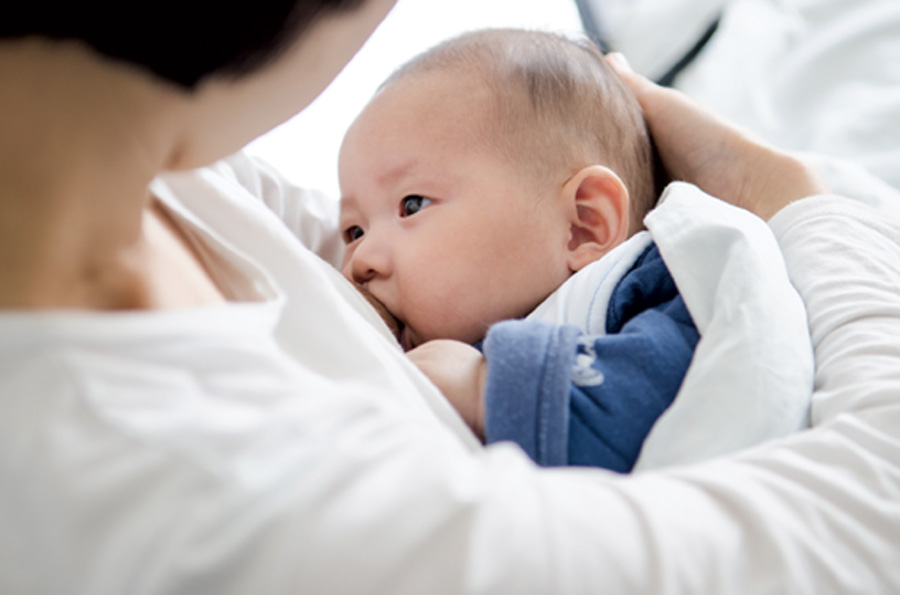Feeding is the most important thing that parents do for their children. Whether you choose to breastfeed or bottle-feed, you don’t have to be perfect to get it right. You’re learning your baby and your baby is learning you.

Fed Is Best—You Can Choose How
Some parents breastfeed. Some use formula. Some do a combination. However you feed your baby, what matters most is that your little one is loved, growing and cared for.
- Breastfeeding has lots of benefits for both baby and mom. It protects babies from illness and helps moms recover from birth. It also helps build a close bond.
- Bottle-feeding—whether it’s breast milk or formula—is still a chance to cuddle up and connect. Holding your baby close, talking and making eye contact during feedings builds trust and love.
How Often to Feed Your Newborn
Forget the clock—go with your baby’s cues. Most newborns eat every 2–3 hours during the day and every 3–4 hours at night. Bottle-fed babies might go a bit longer between feedings. Try to feed them before the tears start—crying is usually a late hunger sign.
Signs of hunger:
- Rooting (turning toward you)
- Lip smacking
- Fidgeting or fussing
Is My Baby Eating Enough
Newborns can’t tell you with words—but their diapers sure can!
- First few days: 2–3 wet diapers a day
- After the first week: At least 5–6 wet diapers daily
Tongue-Tie and Lip-Tie
Some babies have tight tissue under the tongue or upper lip that can make eating harder. This is called tongue-tie or lip-tie. It doesn’t always cause issues, but if feeding seems extra tricky, talk to your pediatrician.
Burping Basics
Babies swallow air while feeding and burping helps them release it. A good burp = less spit-up and fewer tummy troubles.
Try these burping tricks:
- If breastfeeding: burp before switching sides.
- If bottle-feeding: burp after 2–3 ounces or every 3-5 minutes.
Burping positions to try:
- Sitting upright in your arm, with their head against your shoulder.
- Sitting upright in your lap, while you support their head and chest.
- Lying on their tummy on your lap, while you support and slightly raise their head.
Food Allergies and Your Baby
Based on research, the advice about how to avoid food allergies has been changing. Instead of avoiding foods that can cause allergies, exposing babies to these foods early may help prevent allergies.
For example, babies who were given peanut puffs in a study developed peanut allergies less often than babies who did not get peanut products.
Important: The advice about allergy-causing foods is not the same for all babies. For example, babies with severe eczema should be tested for allergies before giving some foods, including cow’s milk and eggs. All parents should ask their healthcare provider what is right for their baby.

